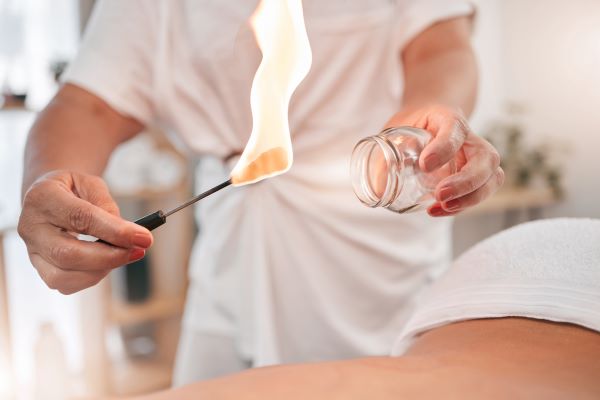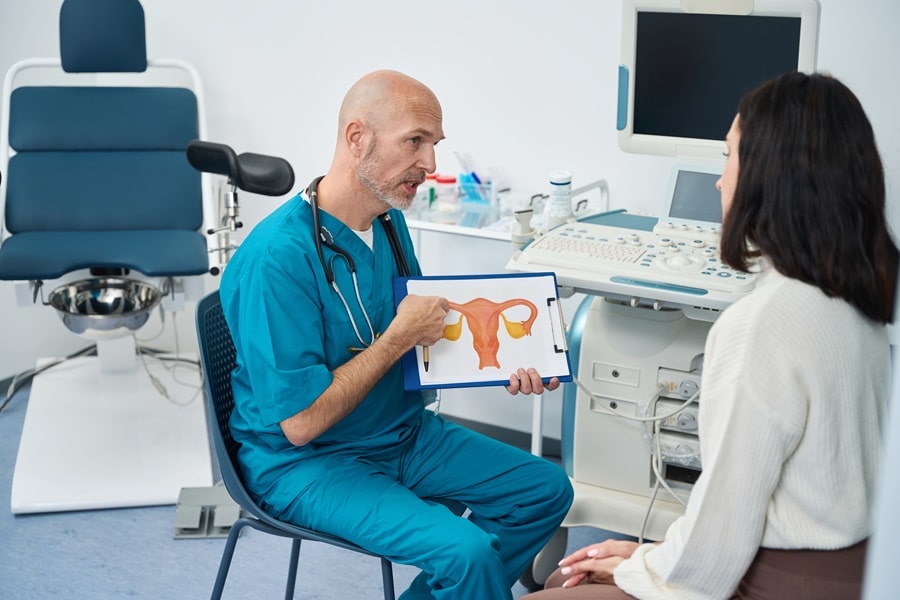Massage therapy, an ancient practice with roots in various cultures, has evolved into a widely accepted form of complementary healthcare. By manipulating soft tissues of the body, it offers various benefits, addressing both physical and mental health issues. This holistic approach, encompassing a variety of techniques and styles, caters to diverse needs and preferences. As society increasingly recognizes the importance of integrative health practices, massage therapy stands out for its unique ability to heal, rejuvenate, and balance the human body and mind. This article delves into the multifaceted advantages of massage therapy, offering insights into how it contributes to overall wellness.
Contents
Understanding Massage Therapy

Massage therapy, in its essence, involves the manipulation of muscles, tendons, skin, and ligaments to enhance health and well-being. Diverse in its forms, it includes popular techniques like Swedish, Deep Tissue, and Shiatsu, each with distinct methodologies and benefits. A typical session involves a thorough process, starting with a consultation to understand individual needs and applying various hands-on techniques. These techniques range from long strokes and kneading to tapping and pressure. Understanding these various forms helps individuals choose the most suitable type for their health conditions and wellness goals.
The principles underlying massage therapy focus on healing and relaxation. Massage therapists promote blood flow, relieve muscle tension, and stimulate the body’s natural healing processes by applying pressure and movement to the body’s soft tissues. This hands-on therapy is more than just a means to relax; it’s a tool for maintaining health, preventing injuries, and even treating specific conditions. The versatility and adaptability of massage therapy make it an invaluable component of modern integrative healthcare practices.
Physical Health Benefits

One of the most immediate benefits of massage therapy is pain relief and muscle relaxation. It effectively alleviates discomfort from muscle stiffness, tension headaches, and even chronic pain conditions like arthritis and sciatica. The targeted manipulation of muscle and soft tissue can break down knots and improve flexibility, relieving musculoskeletal issues.
Furthermore, massage therapy is crucial in improving circulation and promoting lymphatic drainage. This enhancement in blood flow accelerates the healing of injured muscles and helps detoxify the body. Improved circulation can lead to better oxygen and nutrient supply to body tissues, contributing to overall physical well-being. For those dealing with injuries or chronic pain, regular massage sessions can be a cornerstone in their recovery and rehabilitation process.
Mental and Emotional Well-being

Beyond its physical benefits, massage therapy significantly impacts mental and emotional health. It is an effective tool for reducing stress and anxiety, offering a tranquil respite from the daily grind. The calming environment and the therapist’s touch work together to create a state of relaxation, easing mental tension and promoting peace.
Moreover, massage therapy has positive effects on individuals suffering from mental health issues like depression and sleep disorders. The relaxation and stress relief provided by massage can improve sleep quality and elevate mood. This holistic approach to treating the mind and body is what makes massage therapy a preferred choice for those looking to enhance their overall emotional and mental well-being.
Holistic Health and Immunity

Massage therapy contributes significantly to holistic health by boosting the immune system’s function. This natural defense system is vital for maintaining health and fighting off illness. Massage helps in this regard by reducing stress, which is known to compromise immunity, and by enhancing the circulation of blood and lymph fluids, which are integral to the immune response.
Massage therapy is inherently holistic, treating the mind, body, and spirit as interconnected. This alignment with holistic health principles means it can be effectively integrated with other wellness practices such as yoga, meditation, and acupuncture. By embracing this multifaceted approach, individuals can achieve a more balanced and comprehensive state of health.
Massage for Specific Populations

Massage therapy offers tailored benefits for specific groups, such as athletes and the elderly. For athletes, it plays a crucial role in enhancing performance, reducing the risk of injury, and accelerating recovery times. The targeted techniques help relieve muscle soreness, improve flexibility, and increase range of motion, all essential for optimal athletic performance.
In contrast, for the elderly, massage therapy relieves age-related issues like joint pain, stiffness, and poor circulation. It also offers a therapeutic touch, which can be a powerful tool against loneliness and depression, common in older adults. The gentle, nurturing aspect of massage can significantly improve the quality of life for seniors, making it a valuable component of elder care.
The Science Behind Massage Therapy

While specific studies are not the focus here, the science behind massage therapy reveals its profound impact on the body. At a cellular level, massage promotes the release of endorphins, the body’s natural painkillers, and reduces levels of stress hormones like cortisol. This biochemical response contributes to the therapeutic effects of massage, including pain relief and relaxation.
From a neurological perspective, massage has been shown to affect brain wave activity, leading to increased relaxation and reduced anxiety. The endocrine system, responsible for hormone regulation, also benefits from massage, as it can help balance hormones linked to stress and immune function. These physiological changes underscore the far-reaching benefits of massage therapy on the human body.
Choosing the Right Massage Therapy

Selecting the right type of massage therapy is crucial to reap its maximum benefits. Factors to consider include health conditions, pain tolerance, and specific wellness goals. Communicating with a qualified therapist about any concerns or preferences is important, ensuring a tailored experience that addresses unique needs.
Finding a qualified and experienced massage therapist is equally important. Credentials, specialized training, and a good rapport are key aspects to look for. Trust and comfort with the therapist contribute significantly to the therapy’s effectiveness, making the therapist’s choice a crucial step in the journey toward improved health and well-being.
Promoting a Healthy Lifestyle

Incorporating massage therapy into a regular health routine can lead to long-term benefits. It is a luxury and a tool for maintaining physical and mental health. Regular sessions can help manage stress, prevent injury, and promote well-being.
Additionally, massage therapy can complement other healthy lifestyle choices like balanced nutrition, regular exercise, and adequate sleep. Combined, these practices contribute to a holistic approach to health, emphasizing prevention and wellness rather than just treating illness.
The Bottom Line
In conclusion, massage therapy is more than a luxury; it’s a vital tool for health and well-being. Its benefits span from physical relief to mental and emotional rejuvenation, catering to diverse needs across various populations. As an integral part of holistic health practices, massage therapy uniquely blends ancient tradition and modern science. Embracing massage therapy can lead to a balanced, healthier lifestyle, underscoring its importance in today’s fast-paced world. As society continues recognizing its value, massage therapy will undoubtedly become increasingly significant in pursuing optimal health and wellness.


